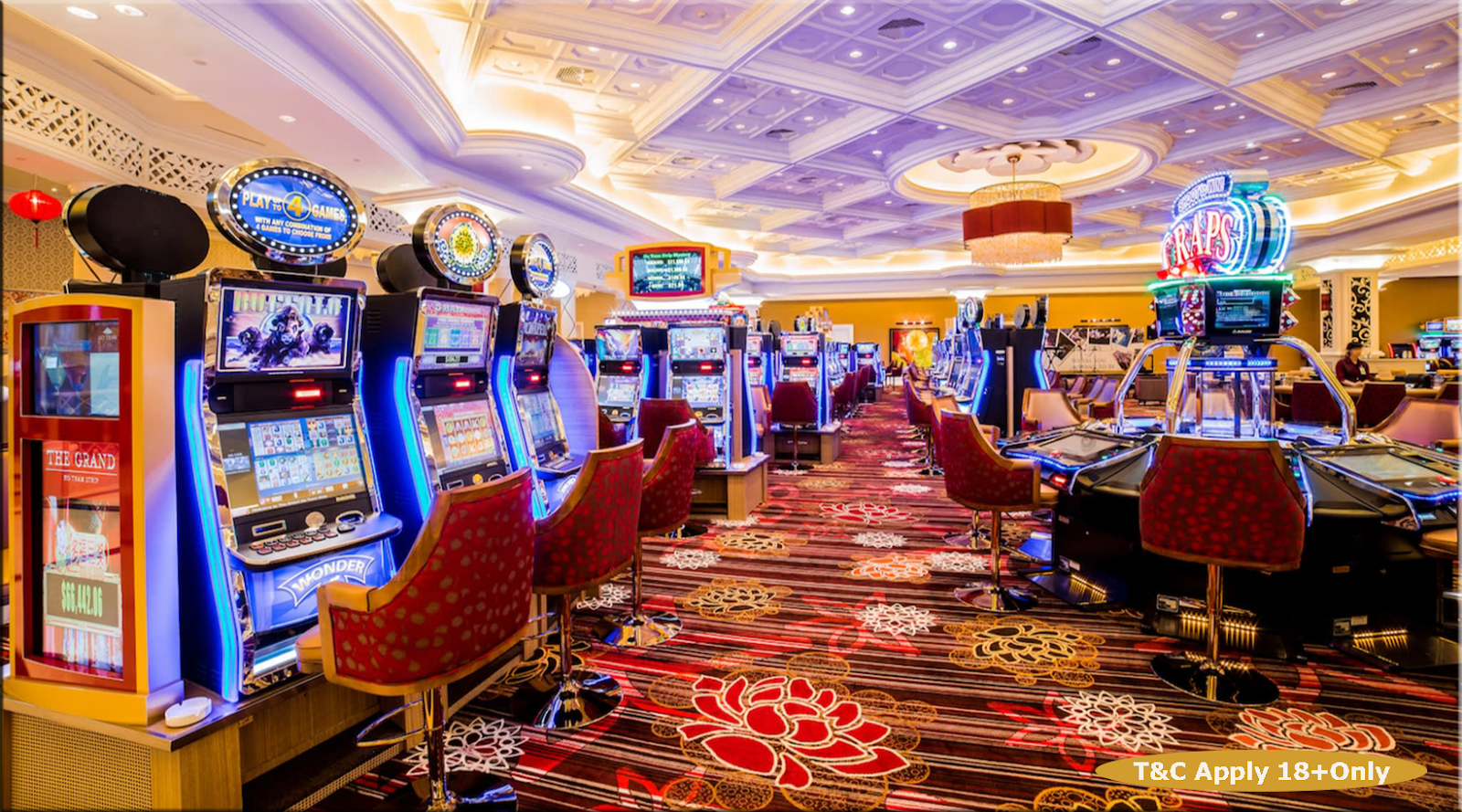How Casino Games Reflect the Human Existence

Gambling games have long been a significant aspect of human culture, offering not just entertainment but a captivating reflection of our aspirations, ambitions, and anxieties. From the spinning reels of a slot machine to the tactical play of poker, these games represent a range of human emotions and experiences. At their core, casino games are not just a chance to make profits; they are a microcosm of life itself, where danger and gain intertwine and fate can change in an eye blink.
As players assemble around tables or sit in front of vibrantly illuminated machines, they engage in a ceremony that transcends mere gambling. These games echo our innate desires for social interaction, thrill, and the pursuit of luck. They also disclose deeper truths about human nature, such as our relationship with luck and the adrenaline of uncertainty. In exploring casino games, we uncover not only the rules of play but also the rich tapestry of the human journey, showcasing our interconnected narratives of hope and reality.
The Psychology of Gambling
Wagering is intrinsically connected in human psychology, appealing to various emotions and wants. The excitement of taking risks is a fundamental aspect that attracts participants, be it it's excitement of spinning a roulette or the anticipation of drawing a winning hand in a poker game. This rush of adrenaline is often compared to other forms of thrill, as the unpredictability of outcomes elicits a distinct psychological response. casino not on GameStop Players often become captivated by the chance of striking it rich, leading to an almost magnetic draw toward gambling games.
Another, an essential component of the psychology behind gambling is the concept of optimism and ambition. Participants often indulge in fantasies of financial freedom and the opulent lifestyle that can follow winning. This hope fuels their continued participation in gambling, as it provides a sense of purpose and the belief that a transformative win could be just one bet away. The narrative of beating the odds and finding success resonates with many, strengthening their dedication to play and engage with these games.
Finally, social dynamics play a significant role in gambling psychology. Gambling venues are designed to promote social interaction, where gamblers gather to share the experience of wins and losses. This communal aspect not only enhances enjoyment but also affects behavior, as individuals often imitate the actions of others in their vicinity. The social validation found in shared excitement can magnify the emotional experience, making casino games a mirror of not just personal desires but also collective engagement within the gaming community.
### Risk and Reward: A Double-Edged Sword
Casino games embody the delicate balance between danger and reward that resonates deeply with the human experience. The rush of placing a wager is often accompanied by a rush of adrenaline, as participants are confronted with the possibility of striking it rich, yet cognizant of the possibility to lose. This dual experience reflects a essential aspect of life: the decisions we face often come with inherent risks, and the chase for gain can compel us to take chances we might not normally consider. In this way, casino games reflect real-world decisions, enticing players to gamble not just their funds, but also their aspirations.
The allure of big prizes and payouts fuels a feeling of positivity, motivating gamblers to envision a brighter future that could emerge from a single victorious spin of the wheel or flip of a card. This positive outlook can compel individuals to engage in greater risks, urging them to extend their limits in search of economic benefit. However, just as in life, the results of these risks can lead to both triumph and despair. The narratives of both jackpot winners and those who have suffered everything at the tables demonstrate the random nature of luck and its impactful repercussions on our futures.
Ultimately, the experience of engaging with casino games serves as a potent reminder of the nature of humanity. Every session played is imbued with the tension of uncertainty, as players weigh the rewards against the risks. This interaction not only highlights the excitement that comes with betting but also unveils the weaknesses that come with the longing for more. As we journey through the challenges of decision-making and consequence in both the casino and in life, we find that the pursuit of risk and reward shapes our identities and experiences in significant manners.
Community and Isolation in Gambling Environment
Gambling environment is a distinct mix of social interaction and personal endeavor, reflecting the dualities of human experience. Players often come together around tables, sharing in the thrill of the game, celebrating wins, and commiserating over losses. This social aspect is crucial, as it fosters a sense of community and camaraderie among varied groups of individuals. Regular attendees to gaming establishments may build friendships and develop routines, turning the casino into a second home where they experience connected to a greater community of players.
However, the allure of gambling games can also lead to isolation. As players become engrossed in the excitement of playing, they may withdraw from personal relationships or neglect to interact with the world outside the gaming space. For some, the pursuit of a windfall can distract from genuine connections, leading to loneliness. The situation of being among others yet feeling solitary is not rare, as the attention shifts from collective fun to the individual concerns of each individual's path.
This interplay of society and solitude creates a vivid mosaic that defines casino atmosphere. It showcases the intricacy of human interactions, where joy and sorrow coexist. Casinos serve as both a sanctuary for social engagement and a platform for individual struggles, illustrating how deeply connected our yearning for companionship and the personal quest for wealth can be. In navigating this environment, players confront their own stories—seeking both the rush of the game and the fellowship of other gamblers, eventually reflecting the wider spectrum of individual experience.
